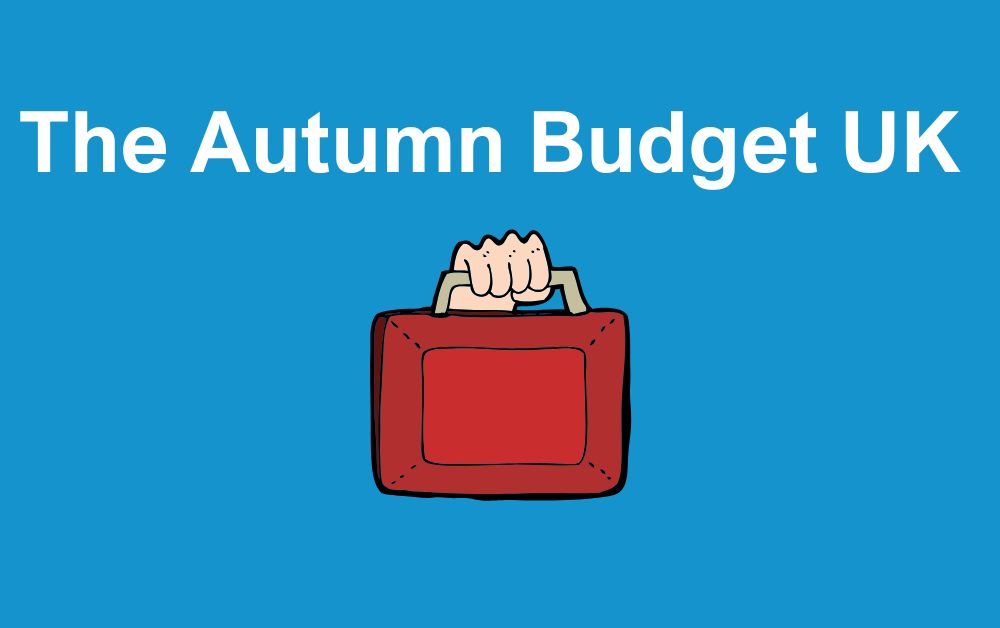In the first Autumn budget since the Labour Government came into power, Chancellor, Rachel Reeves announced a range of measures to ”fix the foundations of the economy and deliver change by protecting working people.” Most significant measures included an increase to the national living wage, and a rise to employer national insurance contributions.
Many businesses have approached us to get some information on how this will affect their business. Here are the main updates the Chancellor discussed yesterday.
National Insurance Increase for Employers
The government has announced an increase in the national insurance rate paid by employers, which will rise from 13.8 per cent to 15 per cent by April 2025. Additionally, the threshold for employer NI contributions on a worker’s earnings will be reduced from £9,100 per year to £5,000.
To support smaller businesses, Reeves confirmed that the employment allowance will be raised from £5,000 to £10,500. This change means that 865,000 employers will not pay any NI at all next year. Furthermore, over one million will pay the same or less than they currently do.
It was also announced that the £100,000 threshold will be removed.
National Living Wage Increase
As part of the Autumn budget, it was announced that the national living wage for employees aged 21 and over will increase increase by 6.7 per cent. This means from April NLW workers will receive an increase from £11.44 to £12.21 from April 2024. This will mean eligible employees working full-time will receive around a £1,400 a year increase on their wage.
The rates for 18 to 20 year olds will increase by £1.40 an hour to £10. This is the largest increase to date and will provide young employees working full time a yearly boost of £2,500.
This is great news for employees. However, we understand that a lot of businesses are feeling the strain, especially after other decisions the Government has made within the budget, and may struggle to meet this by April.
If you’re able to increase staff wages before April 2024, this could send a positive message to your employees. However, we know this isn’t possible for lots of businesses and many are looking to establish what other changes need to happen to offset this increase.
The real living wage recently announced their suggested increase in hourly pay. You can read more about this in our recent article.
Pensions
As part of the Autumn budget, the basic and new state pension will be increased by 4.1% in 2025-26, working alongside earnings growth.This will mean a £470 rise for over 12 million pensioners across the UK and reiterated the government’s commitment to upholding the triple lock.
Additionally, from 2027, inherited pensions will be subject to inheritance tax for the first time.
Covid Response
The government is set to appoint a Covid Corruption Commissioner tasked with recovering public funds from companies that exploited the COVID-19 pandemic for undue financial gain. This initiative will primarily target misused funds from schemes such as the Furlough Scheme and the Bounce Back Loan Scheme, which were designed to support businesses and workers during the crisis. The Commissioner’s role will be pivotal in ensuring accountability and safeguarding taxpayer money by investigating and reclaiming misappropriated resources.
HMRC Measures
Starting from April 2025, HMRC will raise the late payment interest rate by 1.5 per cent. This change is intended to encourage timely tax payments and strengthen compliance. Additionally, HMRC will receive a funding boost of £1.4 billion, enabling them to recruit 5,000 new staff members. This increase in workforce aims to enhance their operational capacity, improve service efficiency, and support more robust tax collection efforts.
Contact Us
Overall, it looks like the decisions the Chancellor has made in the Autumn budget will help employees in some areas. However, there seems to be a lack of support for businesses and SMEs may struggle to meet the demands of the changes. You can read about the full list of updates by the Chancellor on the Government website. If you would like more advice or support with your HR function, contact us.







